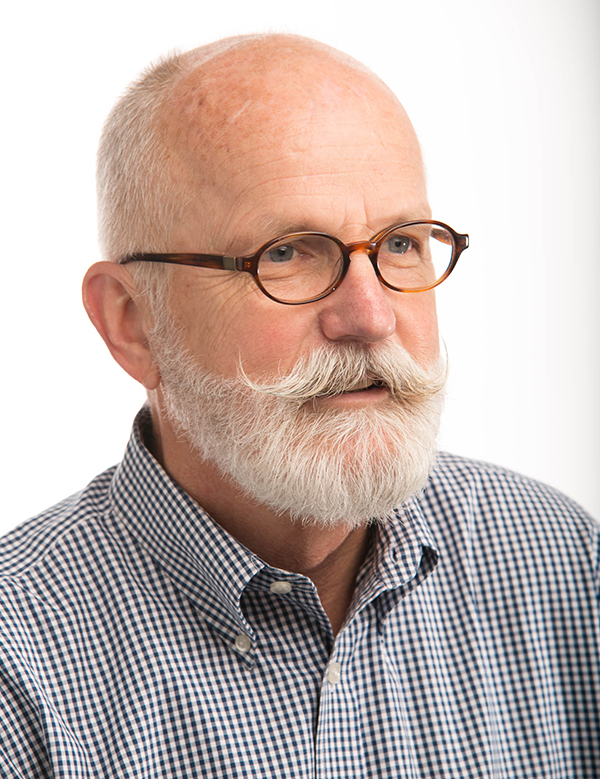Faculty
Future Focus
Bauer Executive Professor Lends Experience to Global Energy Sources
In the early 1980s, a young trader named Art Smith, now an executive professor for courses in Bauer College's Global Energy Management program, chaired a globalization committee as a member of the NYMEX Board of Governors.

ART SMITH, WHO CHAIRED A GLOBALIZATION COMMITTEE AS A MEMBER OF THE NYMEX BOARD OF GOVERNORS, TEACHES ENERGY TRADING AND ANALYSIS FOR BAUER COLLEGE, WITH A PROFESSIONAL SPECIALTY IN COMMODITY MARKET ANALYSIS WITH A BUSINESS DEVELOPMENT VIEW AND PROVIDING RISK MANAGEMENT SOLUTIONS.
At that time, trading contracts typically numbered between 1,500 and 2,000 a day at the New York Mercantile Exchange, Smith says. Advances in electronic trading and global connectivity transformed the business in decades to come, but Smith’s seat on that committee is just one example of the breadth of experience among Bauer faculty.
Today, between 1 million and 2 million energy contracts are now traded daily at the CME/NYMEX, and Smith’s students bound for jobs in the energy business face an industry in a continual state of flux, even as it remains a driver of the global economy.
His Energy Trading and Analysis courses, offered through the Bauer College Department of Finance GEM program, cover arbitrage, asset optimization and commodity economics. Only a handful of his students are likely to engage in energy trading as a profession, Smith says, but the classes provide the necessary background for anyone entering the energy business — from accountants to risk management experts and analysts and engineers.
A multitude of change has taken place, is still taking place.
Art Smith
Executive Professor;
Global Energy Management
It’s the kind of grounding that can make the difference for professionals entering a field characterized by major disruptions in technology and new emerging markets. In the past eight years, the United States has gone from being a net importer of energy to a net exporter of energy and is on track to be the world’s biggest oil producer.
Recently, the country’s natural gas production has surged, approaching 100 billion cubic feet a day. Analysts are predicting that LNG will soon become a standalone component of the global energy mix, relying on the Henry Hub natural gas global pricing benchmark named for a distribution channel in Louisiana.
Again, Smith, at NYMEX, had a hand in creating the Henry Hub pricing index as Vice Chair of the Natural Gas Committee years ago. The first Henry Hub natural gas contracts were offered in 1990.
“A multitude of change has taken place, is still taking place,” Smith says. In more recent years, Smith has been a consultant for U.S. Energy Services, CIMA ENERGY Ltd. and others, while sharing what he knows with Bauer undergraduate and graduate students.
Employers still expect Bauer graduates who can hit the ground running, entering various sectors of the field with knowledge of the industry, its history, and where it’s going.
Smith urges students to watch the market daily and says his goal as a teacher is to “get these kids on a quick learning curve where they’re immediately productive.”
Guest lecturers from the industry and ease of access through online courses enrich and accommodate students, Smith says. But it’s the positive reports from former students who land jobs that brings things full circle for him.
“A recent graduate told me he got a job,” Smith says. “He told me, ‘The reason I got the job, was that I took your class and could talk fluently about what was going on in the energy business.’”
Prior to joining Bauer College in 2006, Smith taught at Texas A&M University as a finance professor, developing curriculum for energy trading and analysis. His professional specialty is commodity market analysis with a business development view and providing risk management solutions. His trading, development and risk assessment experiences include agricultural markets, crude oil and petroleum products, biofuels, natural gas, power and high frequency trading.
